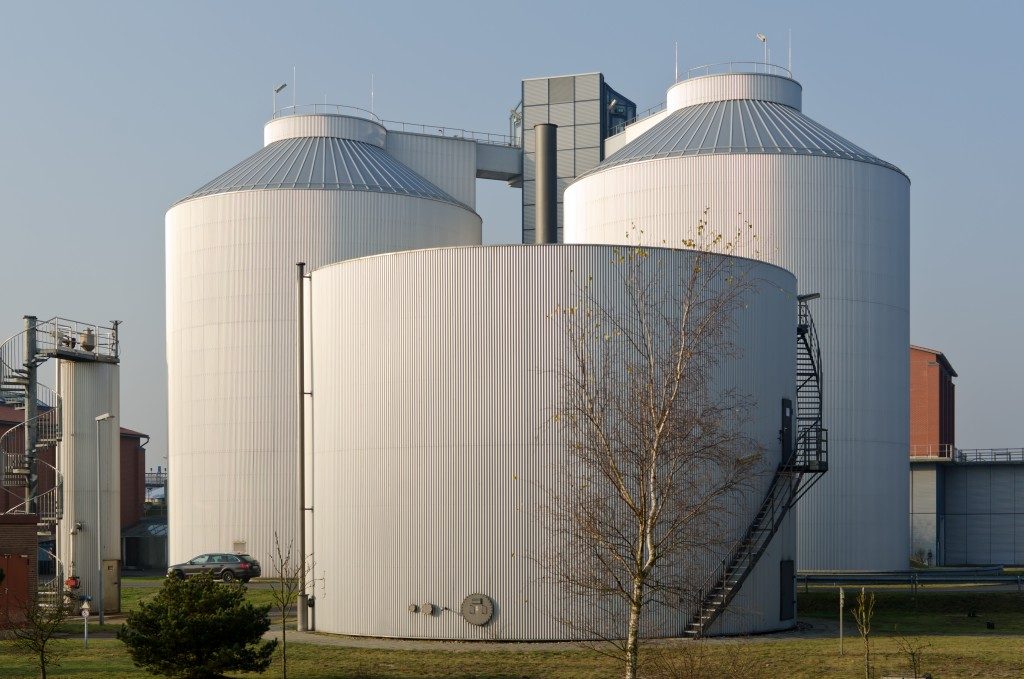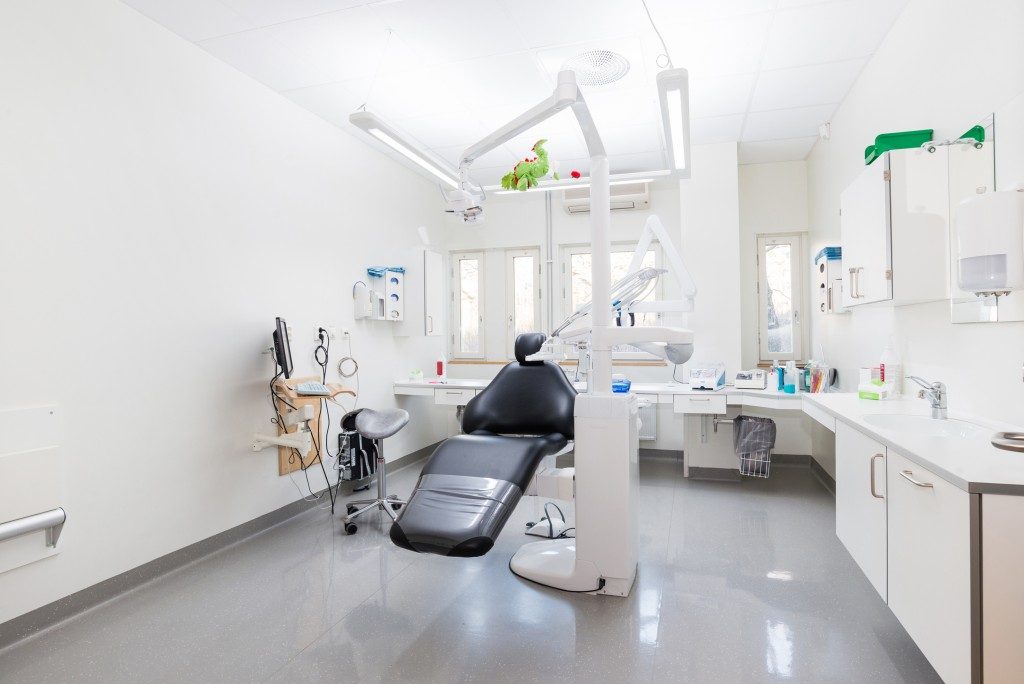Attaining efficiency is essential to any business’s operations, more so for those involved in the manufacturing of products. It affects the incurred unit cost of production, which in turn influences the profit margins. Efficient operations extend beyond just the utilized machines.
1. Maintenance of the Premises
Industrial premises tend to experience constant wear and tear due to the nature of the activities that are undertaken. As such, there is a need for regular maintenance. One example includes repairing the industrial complex’s concrete structures which aims to improve the facility and maintain operability. The structure may have experienced damage as a result of mechanical impact or chemical attack. Currently, there are chemical resistant concretes that such industrial plants may adapt to make their premises more durable. During such repair routines, it’s essential to conduct repairs on other aspects of the plant such as its air conditioning system and wastewater treatment system.
2. Workers’ Safety
 Observing workers’ safety is essential to any plant. Protecting them against possible harm is a huge responsibility, but accidents can still occur and cause physical injuries or health-related conditions. Industrial plants are encouraged to provide their workers with protective working gear and install relevant signs around the plant. Pieces of protective equipment such as helmets, gloves, gas masks, and overalls are standard in many industries.
Observing workers’ safety is essential to any plant. Protecting them against possible harm is a huge responsibility, but accidents can still occur and cause physical injuries or health-related conditions. Industrial plants are encouraged to provide their workers with protective working gear and install relevant signs around the plant. Pieces of protective equipment such as helmets, gloves, gas masks, and overalls are standard in many industries.
Safety signs are also classified into several groups. There are warning signs to alert the workers against possible danger. Examples include warning signs on slippery floors or toxic sections within the plant. There are also informational safety signs which are aimed to inform workers on matters essential to their safety. Examples may include fire assembly points and emergency exit points.
Apart from providing workers with the appropriate safety gears, businesses should put their employees under a group insurance cover. This will cater to the well-being of a company’s workers in the event in case of a workplace-related injury.
3. Observing Standards
Different industries have different quality standards that those involved are expected to observe. Any companies that do not adhere to those regulations risk having their operating licenses canceled. The standards are usually in a bid to not only make sure that the products meet the customers’ quality expectations but also to ensure customers’ safety.
One example is food-based industries. Due to the sensitivity of their products and processes, all licensed businesses are expected to adhere to the stipulated regulations. For instance, such plants are expected to install steel work benches as opposed to wooden or concrete tops. Many consider steel as easier to clean and keep sterile than wood. Additionally, the machines use food-grade lubricants as opposed to petroleum products to reduce the chances of contamination.
A plant is only as effective as its maintenance level. It is only through maintenance that possible downtimes are avoided or minimized. Workers’ safety is also an essential aspect of any plant’s performance and productivity, if it is to operate at its optimum levels. Keep all these things in mind to ensure that your workers are safe, and your operations will remain productive.




